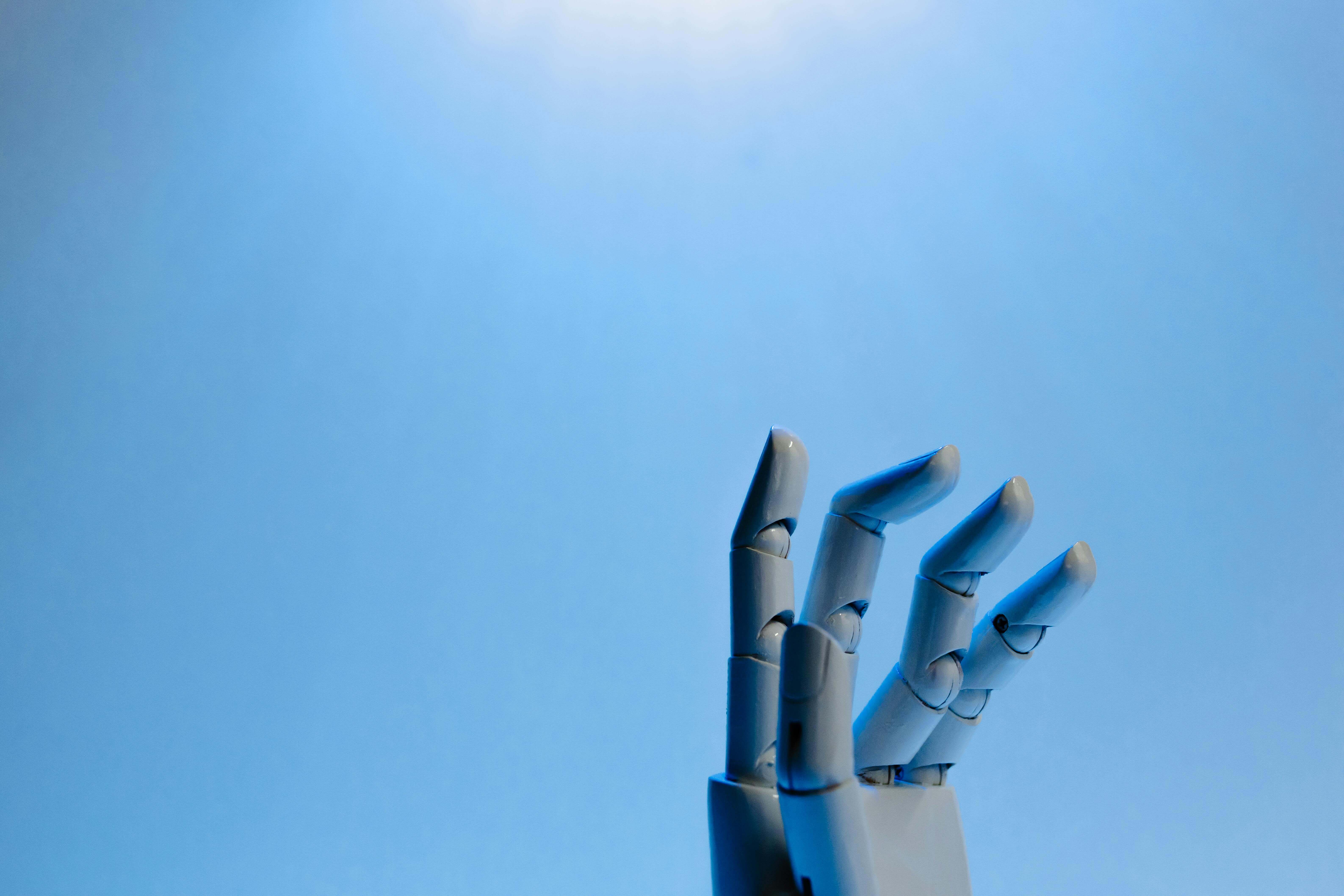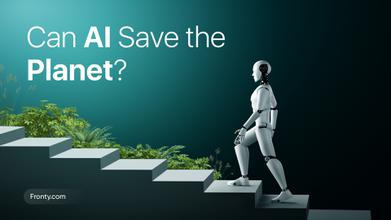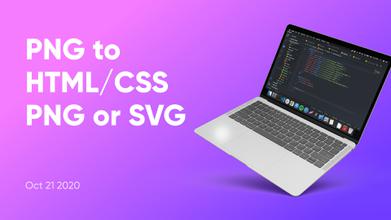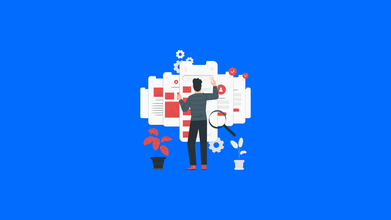AI Generation: A Game-Changing Shift in Technology
Jan 17, 2024 9057 seen
The Rise of AI Generation
In the ever-evolving landscape of technology, paradigm shifts have been the driving force behind monumental transformations. From the advent of personal computers to the rise of the internet, each shift has redefined the way we live, work, and connect. As we stand on the cusp of a new era, it is becoming increasingly evident that AI generation is poised to be the next platform shift, promising to revolutionize the way we interact with information, create content, and innovate.
Artificial Intelligence (AI) has made remarkable strides in recent years, transcending its initial role as a tool for automation and prediction. Today, AI has entered the realm of generative capabilities, giving rise to what is now known as AI generation. Unlike traditional AI, which relies on explicit programming and rule-based systems, AI generation leverages deep learning algorithms to generate content, simulate human-like responses, and even create new ideas.
One of the most noticeable impacts of AI generation is its ability to revolutionize content creation across various mediums. Whether it's writing articles, composing music, or generating visual art, AI algorithms can mimic and replicate human creativity. OpenAI's GPT-3, for instance, has demonstrated an unparalleled capacity to generate coherent and contextually relevant text, making it a powerful tool for content creators and developers alike. The implications of AI in content creation are far-reaching. Writers can harness the power of AI to draft articles, generate ideas, and even receive automated suggestions for enhancing their work. Musicians and artists find inspiration in AI-generated compositions and designs. The collaborative interplay between human creativity and machine-generated content is fostering new avenues of expression and pushing the boundaries of what we thought possible.
Enhancing Human-Computer Interaction
As AI generation continues to advance, the way we interact with computers and devices is undergoing a significant transformation. Natural Language Processing (NLP) models are becoming increasingly sophisticated, enabling more intuitive and human-like conversations with machines. Chatbots, virtual assistants, and AI-powered interfaces are now capable of understanding context, emotions, and nuances, providing users with a more seamless and personalized experience.
The evolution of AI in human-computer interaction is evident in the rise of virtual assistants like Siri, Alexa, and Google Assistant. These AI entities not only respond to user commands but also engage in dynamic, context-aware conversations. The integration of AI into daily tasks, from setting reminders to answering complex questions, showcases the potential of AI generation in enhancing user experiences and making technology more accessible. AI generation is not merely about automating existing processes; it's about pushing the boundaries of innovation and problem-solving. In fields such as drug discovery, scientific research, and complex data analysis, AI algorithms are accelerating the pace of discovery and enabling scientists and researchers to explore new frontiers.
In drug discovery, for example, AI models can analyze vast datasets to identify potential candidates for new medications, significantly reducing the time and resources required for traditional methods. The ability of AI to process vast amounts of data and identify patterns opens up possibilities for solving challenges that were once deemed insurmountable. As a result, industries across the spectrum are embracing AI as a powerful tool for innovation and progress.
While the potential of AI generation is immense, it also brings forth challenges and ethical considerations. Concerns about bias in algorithms, the potential for job displacement, and the ethical implications of AI-generated content raise important questions that must be addressed as this technology continues to evolve.
Algorithmic bias is a significant concern, as AI models learn from historical data that may perpetuate existing inequalities. It is crucial for developers and policymakers to implement measures that ensure fairness and accountability in AI systems. Additionally, the potential for job displacement due to automation requires a thoughtful approach to reskilling and workforce development.
The ethical implications of AI-generated content extend to issues of authenticity and accountability. As AI becomes more adept at producing content that mimics human expression, distinguishing between human and machine-generated work becomes challenging. This raises questions about attribution, intellectual property, and the responsibility of AI creators to ensure transparency and ethical use.
Conclusion
As we stand on the brink of the AI generation era, it is evident that this paradigm shift holds the potential to reshape industries, redefine human-computer interaction, and unlock new possibilities for innovation. The transformative power of AI generation is poised to be the catalyst for the next wave of technological evolution, bringing with it both unprecedented opportunities and challenges that will shape the future of our interconnected world.
Navigating this new frontier requires a collaborative effort from technologists, policymakers, and society at large. Striking a balance between innovation and ethical responsibility will be crucial in harnessing the full potential of AI generation while addressing the challenges that accompany it. As we embark on this journey, the fusion of human ingenuity and artificial intelligence promises to create a future where the boundaries of what is possible continue to expand, unlocking a new era of technological progress and human potential.


